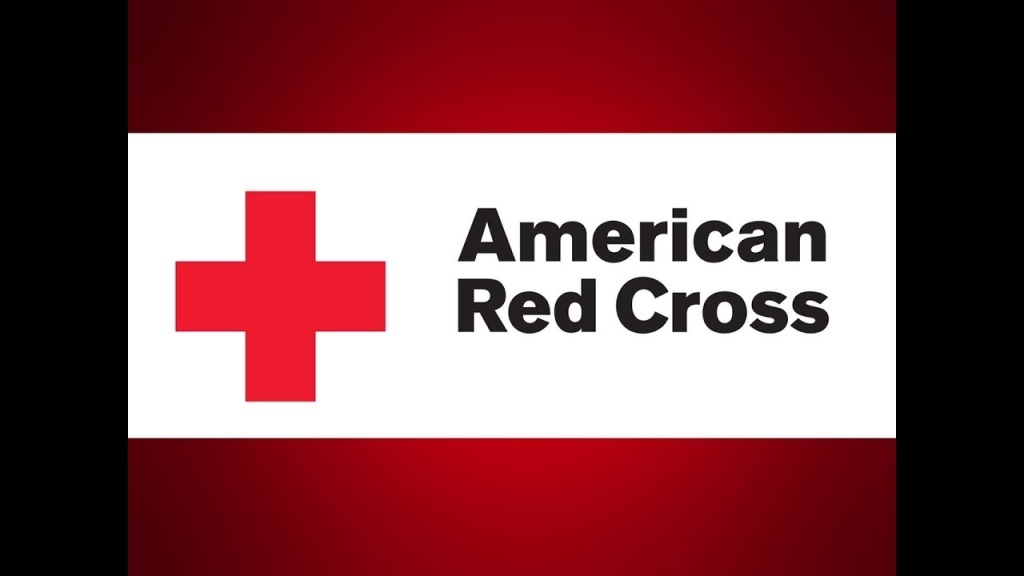**Title: The Ultimate Guide to Phlebotomist Jobs: Everything You Need to Know**
**Introduction:**
Phlebotomists are crucial members of the healthcare team responsible for drawing blood from patients for various diagnostic tests, transfusions, or donations. If you’re considering a career in healthcare that doesn’t require extensive schooling, becoming a phlebotomist might be the perfect fit for you. In this comprehensive guide, we’ll explore the world of phlebotomy, including the job responsibilities, educational requirements, salary potential, benefits, and practical tips for landing a job in this field.
**Job Responsibilities of Phlebotomists:**
Phlebotomists are tasked with the important duty of collecting blood samples from patients in a safe and sanitary manner. Their responsibilities include:
– Verifying patient information
– Identifying the correct veins to draw blood
– Performing venipunctures or fingersticks
- Labeling blood samples correctly
– Transporting samples to the lab for testing
– Maintaining sterile and organized workspaces
**Educational Requirements for Phlebotomist Jobs:**
While some phlebotomists receive on-the-job training, many employers prefer candidates with formal phlebotomy training. This can be obtained through vocational schools, community colleges, or online programs. Courses typically cover topics such as anatomy, physiology, medical terminology, and phlebotomy techniques. Certification from organizations like the National Healthcareer Association (NHA) or the American Society for Clinical Pathology (ASCP) can also enhance job prospects.
**Salary Potential for Phlebotomists:**
According to the Bureau of Labor Statistics, the median annual wage for phlebotomists in the United States was $35,510 in May 2020. However, salary can vary based on factors such as experience, location, and employer. Phlebotomists working in hospitals or diagnostic laboratories tend to earn higher salaries compared to those in physician offices or clinics.
**Benefits of Pursuing a Career in Phlebotomy:**
There are many benefits to pursuing a career as a phlebotomist, including:
– Job stability: Healthcare is a growing industry, and the demand for phlebotomists is expected to increase in the coming years.
– Flexibility: Phlebotomists can work in a variety of settings, including hospitals, labs, clinics, blood donation centers, and nursing homes.
- Fulfilling work: Phlebotomists play a crucial role in patient care and contribute to the diagnosis and treatment of various medical conditions.
**Practical Tips for Landing a Phlebotomist Job:**
If you’re interested in pursuing a career in phlebotomy, here are some practical tips to help you land a job:
– Gain hands-on experience through internships or volunteer opportunities.
– Network with professionals in the healthcare industry.
– Obtain relevant certifications to enhance your credentials.
– Tailor your resume and cover letter to highlight your phlebotomy skills and experience.
– Practice your phlebotomy techniques regularly to stay sharp and confident during job interviews.
**Conclusion:**
Phlebotomist jobs offer a rewarding career path for individuals interested in healthcare but prefer a more specialized role that doesn’t require extensive schooling. By obtaining the necessary training and certifications, honing your phlebotomy skills, and following practical tips for job hunting, you can embark on a fulfilling career as a phlebotomist. Start your journey today and make a positive impact on the healthcare industry as a skilled phlebotomy professional.
